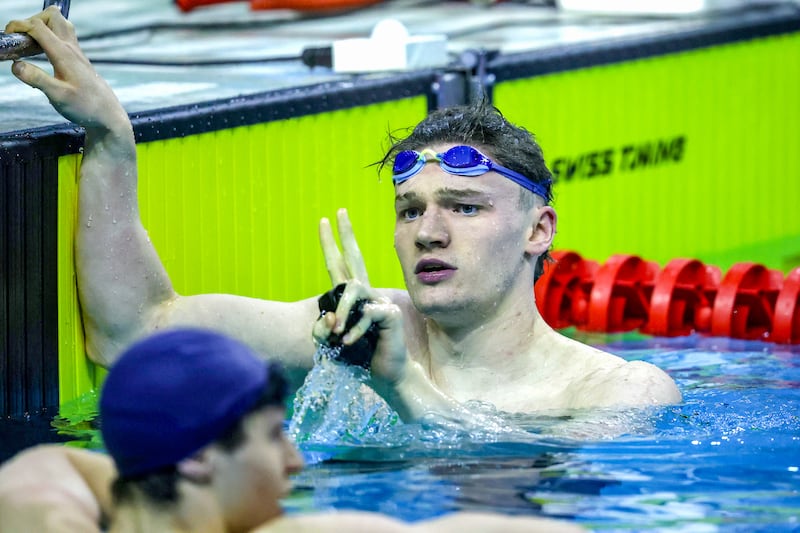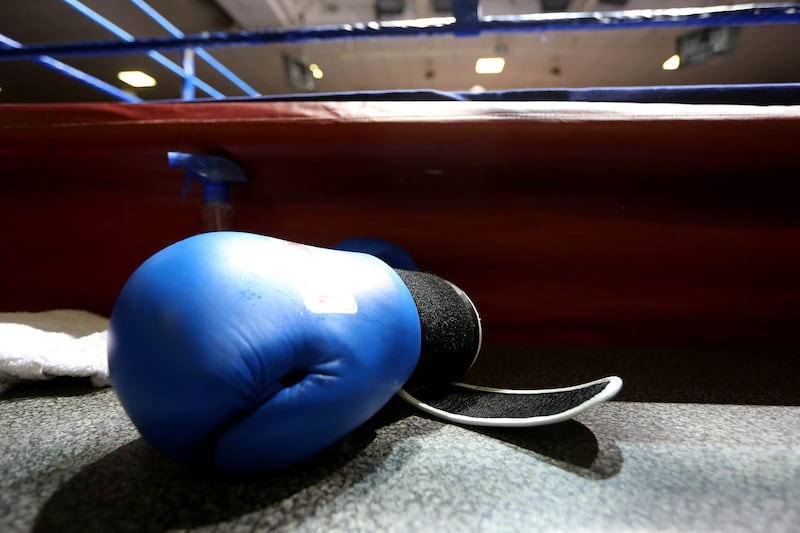A new programme from Enterprise Ireland aims to uncover unmet needs across a range of sectors and help generate new ideas for meeting them.
Launched last month, the €30 million Innovators’ Initiative will develop a series of immersive, needs-led innovation training programmes for high calibre individuals who will be supported to generate new product and process ideas, new intellectual property and, in some cases, the creation of new start-up companies.
Innovators’ Initiative training programmes will be hosted in publicly-funded research performing organisations. The training programmes will aim to create cohorts of highly-skilled innovators who can identify market needs through observation of specific growth sectors.
On completion of a programme, participants can return to their companies, bringing new skills and training, and capacity for innovation with them or they can go on to form new start-up teams.
READ MORE
Enterprise Ireland’s head of research collaboration, Neil Kerrigan, explains that the programme is aimed at bringing together innovators from industry with Ireland’s publicly funded research system.
“Science Foundation Ireland has done tremendous work in developing science excellence in this country,” he notes. “Enterprise Ireland works to connect that science excellence with the indigenous industry part of the economy. This is important, because companies that engage with the third level system are more resilient and more capable of expanding overseas, and have products and services capable of competing internationally.”
Irish SMEs are much more engaged with the research system and are a lot leaner and fitter than they were in the late 1990s
He points out that the level of engagement has increased significantly over the years. “When you look back to some of the programmes we were running back in the late 1990s, there was a question on the application form relating to interaction with local institutes of technology,” he points out.
“Back then, that question would have been left unanswered 98 per cent of the time. That’s very different now. Irish SMEs are much more engaged with the research system and are a lot leaner and fitter than they were then.”
The Innovators’ Initiative addresses what Kerrigan describes as “the first mile” in the enterprise creation process – the ideation phase where entrepreneurs identify market gaps and come up with ideas to fill them.
“It’s all about people,” he continues. “A good example in medical devices sector is the BioInnovate fellowship programme which was established by the University of Galway 12 years ago. The 10-month programme attracts very smart people from industry who go on an immersive journey in hospitals, observing their needs over a six-week period. They then use the Stanford Bio Design Programme to filter down the needs identified and work out how to go about meeting them. The programme takes in 12 people every year and has built up well over 100 highly dynamic alumni over the years.”
The BioInnovate programme takes participants through a full cycle of innovation, from needs identification to designing and prototyping viable solutions, as well as searching for funding.
We are calling on research performing organisations to come together to take a system that has worked well for medical devices and harness it for other sectors
“We are looking at taking that programme as a model and trying to get similar activity up and running in other sectors. We know it works in medical devices; what about in financial services or food systems? We are calling on research performing organisations to come together to take a system that has worked well for medical devices and harness it for other sectors.”
While food systems and financial services are among the sectors that may provide fertile ground for different training programmes, Enterprise Ireland is not being prescriptive about which industries should be addressed or how many.
“Ideally, we would like to get five programmes up and running in different sectors of the economy, but we want to support really strong proposals, and if that means we only get three or four this year, that won’t be a problem,” says Kerrigan.
“The Innovators’ Initiative is funded for seven years, and we don’t want to see a programme run out of ideas after three. Areas to be addressed should be capable of producing hundreds of ideas over the seven years.”
And it will be up to the research performing organisations to provide the gateway to the immersive environment. “The research performing organisations will bring together industry collaborators who will provide access to programme participants to observe their needs,” says Kerrigan
He believes the programmes will be suited to people at mid-career stage who wish to develop their innovation skills. “They will get paid a stipend of €35,000 for the 10 months they spend on the programme,” he adds. “They will also receive a Level 7, 8 or 9 certificate or other qualification from the research organisation.
“Not only will they come out with an idea that they might commercialise, they will also receive acknowledgment for the work they have done. And if they have identified a need and no company is filling it, the innovators can apply for support from the Enterprise Ireland Commercialisation Fund. That is the next step on the journey.”



















